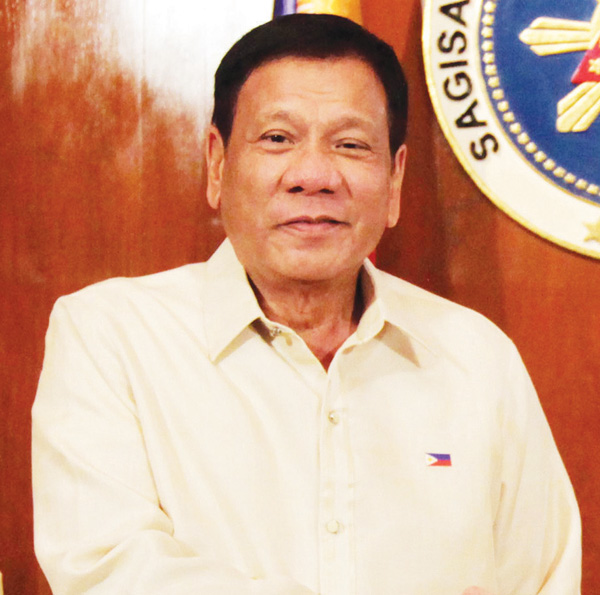President Duterte will have to put his stamp of approval on the proposed Bangsamoro Basic Law before the final version of the measure is sent for ratification to the Senate and the House of Representatives.
House Majority Leader and Ilocos Norte Rep. Rodolfo Farinas said the bicameral conference committee completed the task of finetuning the versions of the two legislative bodies at 12:15 a.m. yesterday. “Yes, we finished everything in principle at 12:15 a.m.,” Farinas said.
However, the final report will be completed by Farinas and his Senate counterpart, Sen. Juan Miguel F. Zubiri, when they meet Tuesday, July 17, Farinas revealed.
From there, the bicameral conference panel report that will contain the final copy of the BBL will be forwarded “to the President for his consideration,” the House leader stated.
“If he finds it to his approval, we will have it ratified in plenary by the House of Representatives and the Senate when we convene our third regular session on Monday, July 24, 2018, at 10 a.m., for it to be signed into law by the President on or before the SoNA at 4 p.m.,” he stated.
So far, Congress leaders and the Bangsamoro stakeholders appeared to be in accordance with the bicameral panel’s work on the BBL.
Bangsamoro Transition Commission Chairman Ghazali Jaafar, vice chairman of the Moro Islamic Liberation Front, has agreed that the consolidated version has not watered down the original proposal presented by the BTC.
Earlier, Jaafar said a resounding rejection among Muslims should be expected if the final BBL is found to be weak and diluted with provisions that will only run counter to the ideals of a Bangsamoro entity that the BTC proposed.
“The fact is that, the BBL now as we see it, unless it is changed drastically, it is no longer ARMM minus. It is ARMM plus, plus, plus,” Jaafar said.
On Thursday night, the bicameral panel composed of representatives from the House and the Senate approved a provision that would allow the Bangsamoro government and the Department of Energy to jointly explore, develop, and utilize fossil fuels and uranium in the new region. (Ben R. Rosario)


